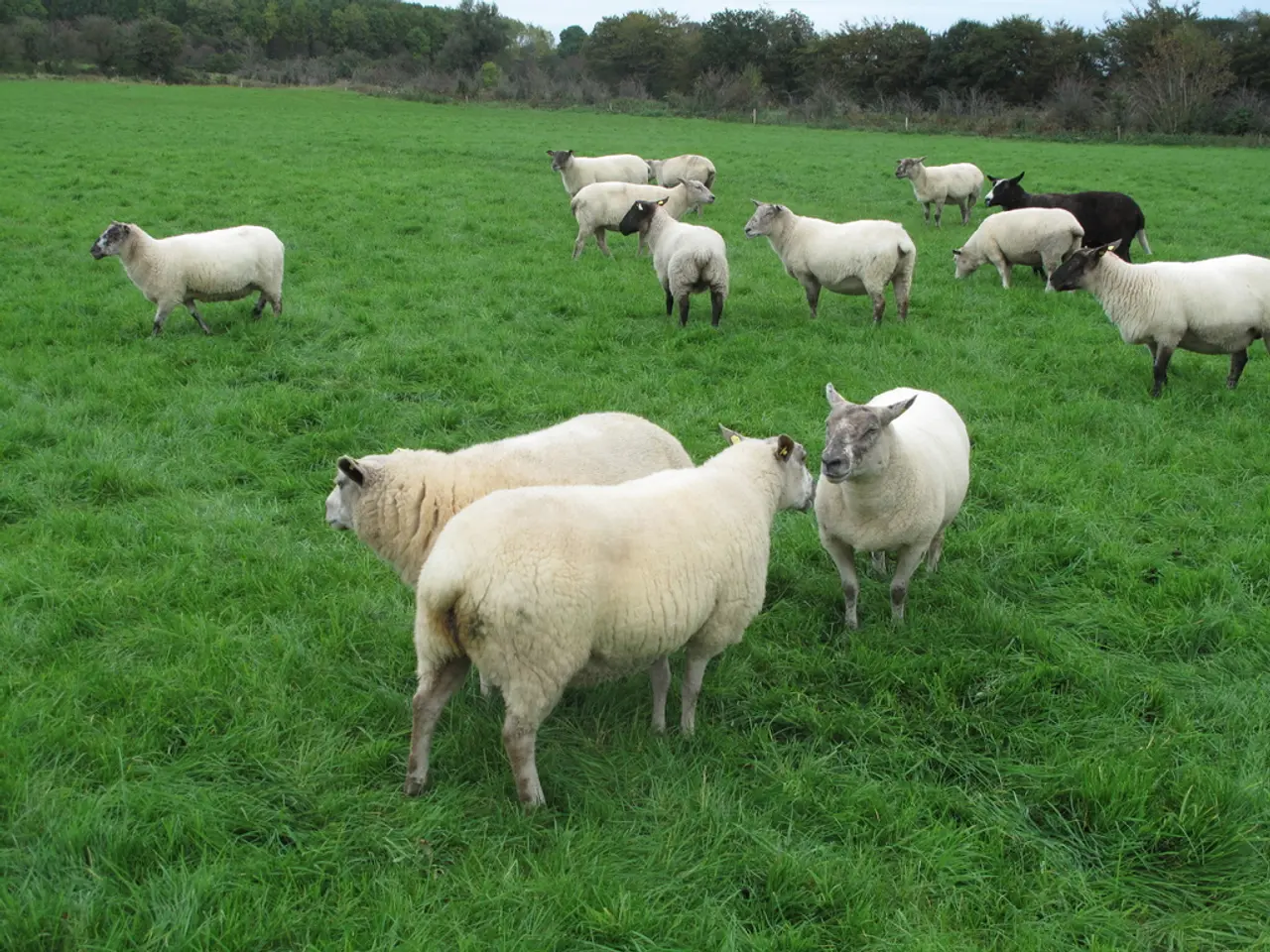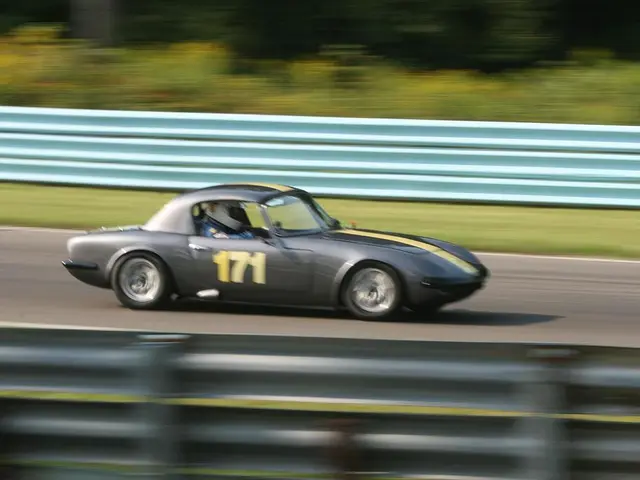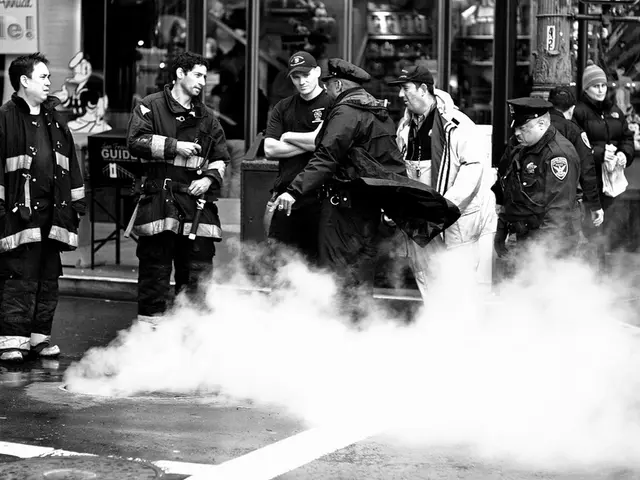Grazing Equipment: Over 400 Sheep Efficiently Trim Down Thick Bramble Shrubs
In the picturesque town of Korb, a unique project is underway to breathe new life into fallow vineyard areas. The initiative, spearheaded by Thomas Zollinger, has seen success with the introduction of 400 Coburg sheep and five dogs to the Kleinheppacher Berg in mid-June.
The sheep, accustomed to wind and weather, have been grazing robustly, consuming small shrubs like hazelnut and hawthorn while leaving behind a green meadow that serves as natural fertiliser. This pilot project, which took place in July and August, has been a significant step towards addressing the decline of the wine industry in the Remstal region.
Mayor Gerhard Liebhard, long pondering what to do with the unused vineyards in Kleinheppach, proposed using these areas as sheep pasture. The idea has garnered a notable response from producers in the Remstal region, with Barbara Singer from Weingut Singer-Bader convinced of the success of the grazing concept in the vineyards.
The development around the Korber Kopf is a prime example of visible losses, with the proportion of uncultivated parcels doubling within a year. Wildly growing grapevines, wire trellises, and thorny thickets indicate that many winegrowers find it unprofitable to cultivate these areas. The uncultivated vineyards are a blemish on the tourist showcase and promote the spread of fungal diseases to neighbouring vineyards.
Shepherd Jochen Bacher, from Kaesbuhlhof in Wattenweiler (Weissach im Tal), was invited to present the concept at an information evening in May. Bacher envisions a fee of three euros per square meter for the grazing. An amount of around 15,000 euros is estimated to be needed for the grazing project in Korb.
A donation account has been set up under the umbrella of the Korb Civic Foundation for individuals and companies to support the project. Further information can be found on the website of the winery at www.singer-bader.de.
In Kleinheppach, 8.7 of the original 35 hectares of vineyard area are now plowed or left to their own devices, making up almost a quarter of the once highly regarded cultivation area. The decline of the wine industry in the Remstal region is noticeable, with more vineyards being left uncultivated.
The sheep are grazed within a flexibly set-up pen and are moved to the next fenced-off parcel when the area has been grazed. This method not only helps in maintaining the vineyards but also provides a sustainable solution for managing the excess sheep population in the region.
As the project continues, it is hoped that the success in Korb and Kleinheppach will inspire other towns in the region to adopt similar measures, helping to revitalise the vineyards and preserve the rich wine-growing tradition of the Remstal.
Read also:
- visionary women of WearCheck spearheading technological advancements and catalyzing transformations
- Recognition of Exceptional Patient Care: Top Staff Honored by Medical Center Board
- A continuous command instructing an entity to halts all actions, repeated numerous times.
- Oxidative Stress in Sperm Abnormalities: Impact of Reactive Oxygen Species (ROS) on Sperm Harm








